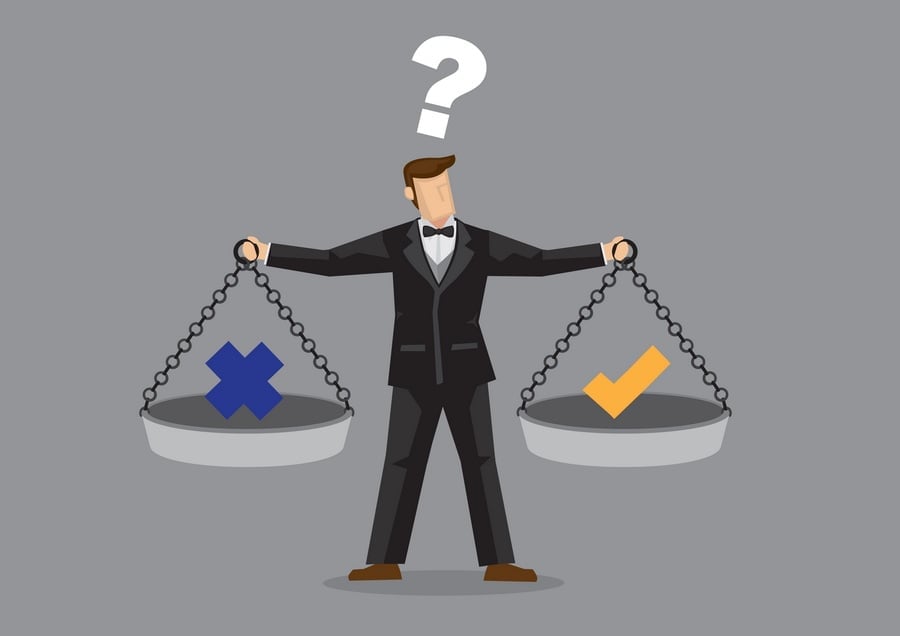You can be a nationalist or a liberal, envision Armenia’s future in the EAEU or the EU, support a presidential or parliamentary system, be a believer, an agnostic, or an atheist. These are matters of politics, ideology, or personal belief. But there are issues that go beyond all that.
There are certain human “red lines”—boundaries that, once crossed, make any further debate meaningless. These lines aren’t codified anywhere; they are intuitive, often lacking a clear logical explanation.
For instance, I can’t explain exactly why I find it wrong to criticize, label, or ridicule people who are not only imprisoned but also held captive by the enemy. I don’t care what they may have done in the past or how others view them. But for the majority of our society, it matters—if they’re seen as “pro-Russian,” then many believe they deserve torture.
Read also
To me, treating a woman harshly—verbally or, even more so, physically—is simply unacceptable. It doesn’t matter whether she is an assistant to an opposition MP or the Prosecutor General carrying out Pashinyan’s political agenda. I could try to justify why women should be treated more gently than men, but “gender activists” might not agree with me.
The presumption of innocence is, of course, a legal principle. But on a human level, I cannot accept calling someone a “criminal,” “terrorist,” “murderer,” or “coup plotter” without solid factual evidence. Especially in Armenia, where I have little trust in the investigative bodies, the prosecutor’s office, or the courts in such cases.
I didn’t trust them when Nikol Pashinyan was in prison. And I don’t trust them now.
Aram ABRAHAMYAN




















































